DAERA meetings are not typically events that I await with anticipation, however, the bovine TB eradication strategy information roadshows were something that I looked forward to (it could be said than NI agriculture has been looking forward to them for 60 years).
I was extremely impressed with the vision and determination presented, and if the strategy as outlined can be implemented, it has the potential to reinvigorate our livestock sector and with it the mental health of all those involved.
Some will criticise aspects such as the proposed farmer levy, however if this funding is used effectively to deliver on the stated aims, it will be incredible value for money. If you cannot support such a plan, you forfeit your right to complain about the current TB situation.
It would be incredibly disappointing if, after so many years of heartbreak, we are presented with a creditable solution, only to have it fail due to farmer apathy.
On the farm, a combination of a tightened calving pattern and being closed with TB has stretched our levels of resourcefulness and creativity as we adapt to cope with the increased stocking levels.
To accommodate a wave of new-borns, we have resorted to buying more individual calf pens and erecting them in an old roofed silo. It does mean we have an effluent tank to catch all run-off, but the downside is that the silo is at the opposite end of the yard from the parlour and calving pens.
As a result, the newborns must be transported a considerable distance from the maternity ward to their new accommodation.
Moving a boisterous Fleckveih calf, even if the barrow has two wheels, is a challenge you take on at your peril. To fix that problem, they now ride in style and comfort in a man cage (with mesh sides to prevent any escape attempts) on the telehandler.
Challenge
The other challenge has been assembling the new pens, which turned out to be like putting together a Meccano set without instructions. My father and I resorted to looking at a photograph of the assembled pens online and then tried to reverse engineer how they should be constructed. I’m pretty sure Henry Ford was able to build a Model T quicker that we could put together our first pen.
Pneumonia
The mild weather in early November and the resulting grass growth has been welcomed by the sheep that we are grazing, however, the conditions were also ideal for the rapid spread of pneumonia.
Pneumonia vaccination has become part of our rearing protocol over the last two years, with all calves receiving an intranasal vaccine at 10 days old and an injectable at three months, followed by a repeat vaccine three weeks later. This insurance policy has come at a considerable financial outlay, however it has been highly effective in reducing pneumonia incidences and the spiralling costs associated with treatment and subsequent poor animal performance.
Unless something changes very soon, reducing medical requirements is something all NI livestock farmers may have to do come 1 January 2023, when 51% of veterinary medications will be blocked from importation from Britain due to the NI Protocol.
It is to the shame of the majority of mainstream media that the animal health and economic implications of this aspect of the protocol have not been explained to the public.
Christmas
As the year winds down, I hope you are able to take time to be with those closest to you. A tradition at home is to have a family clay pigeon shoot, although if truth be told, a significant number of the clays escape unharmed.
In farming, it is too easy to get caught up in the day to day pressures and anxieties and forget about those that mean the most and who we often take for granted. I wish you a happy, restful Christmas, and a prosperous new year.
Read more
Culls gone and breeding decisions made
Strong support for new TB levy, says Brown
DAERA meetings are not typically events that I await with anticipation, however, the bovine TB eradication strategy information roadshows were something that I looked forward to (it could be said than NI agriculture has been looking forward to them for 60 years).
I was extremely impressed with the vision and determination presented, and if the strategy as outlined can be implemented, it has the potential to reinvigorate our livestock sector and with it the mental health of all those involved.
Some will criticise aspects such as the proposed farmer levy, however if this funding is used effectively to deliver on the stated aims, it will be incredible value for money. If you cannot support such a plan, you forfeit your right to complain about the current TB situation.
It would be incredibly disappointing if, after so many years of heartbreak, we are presented with a creditable solution, only to have it fail due to farmer apathy.
On the farm, a combination of a tightened calving pattern and being closed with TB has stretched our levels of resourcefulness and creativity as we adapt to cope with the increased stocking levels.
To accommodate a wave of new-borns, we have resorted to buying more individual calf pens and erecting them in an old roofed silo. It does mean we have an effluent tank to catch all run-off, but the downside is that the silo is at the opposite end of the yard from the parlour and calving pens.
As a result, the newborns must be transported a considerable distance from the maternity ward to their new accommodation.
Moving a boisterous Fleckveih calf, even if the barrow has two wheels, is a challenge you take on at your peril. To fix that problem, they now ride in style and comfort in a man cage (with mesh sides to prevent any escape attempts) on the telehandler.
Challenge
The other challenge has been assembling the new pens, which turned out to be like putting together a Meccano set without instructions. My father and I resorted to looking at a photograph of the assembled pens online and then tried to reverse engineer how they should be constructed. I’m pretty sure Henry Ford was able to build a Model T quicker that we could put together our first pen.
Pneumonia
The mild weather in early November and the resulting grass growth has been welcomed by the sheep that we are grazing, however, the conditions were also ideal for the rapid spread of pneumonia.
Pneumonia vaccination has become part of our rearing protocol over the last two years, with all calves receiving an intranasal vaccine at 10 days old and an injectable at three months, followed by a repeat vaccine three weeks later. This insurance policy has come at a considerable financial outlay, however it has been highly effective in reducing pneumonia incidences and the spiralling costs associated with treatment and subsequent poor animal performance.
Unless something changes very soon, reducing medical requirements is something all NI livestock farmers may have to do come 1 January 2023, when 51% of veterinary medications will be blocked from importation from Britain due to the NI Protocol.
It is to the shame of the majority of mainstream media that the animal health and economic implications of this aspect of the protocol have not been explained to the public.
Christmas
As the year winds down, I hope you are able to take time to be with those closest to you. A tradition at home is to have a family clay pigeon shoot, although if truth be told, a significant number of the clays escape unharmed.
In farming, it is too easy to get caught up in the day to day pressures and anxieties and forget about those that mean the most and who we often take for granted. I wish you a happy, restful Christmas, and a prosperous new year.
Read more
Culls gone and breeding decisions made
Strong support for new TB levy, says Brown




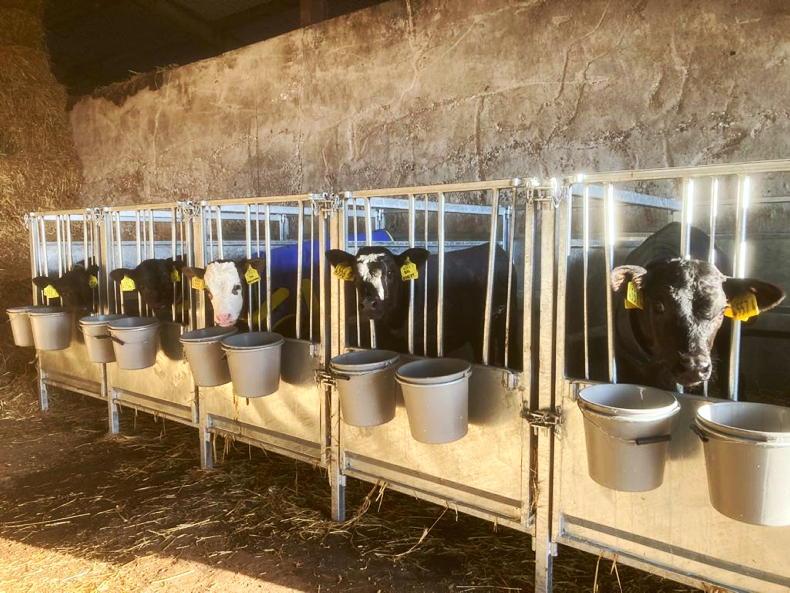
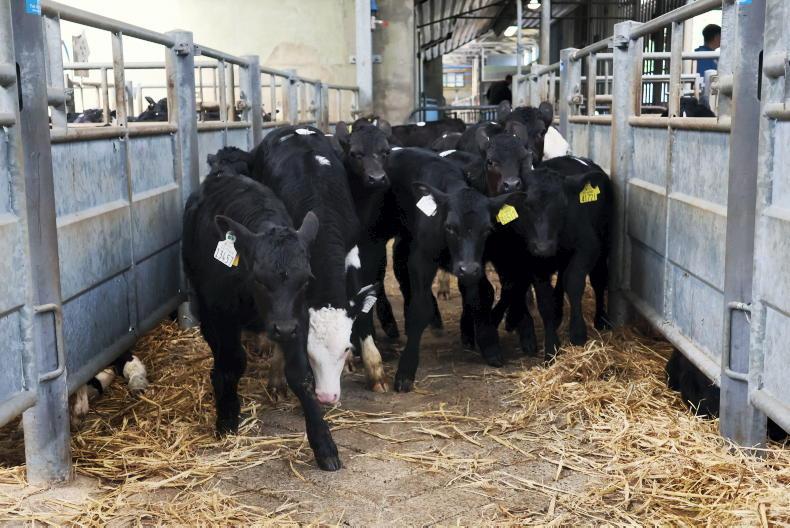

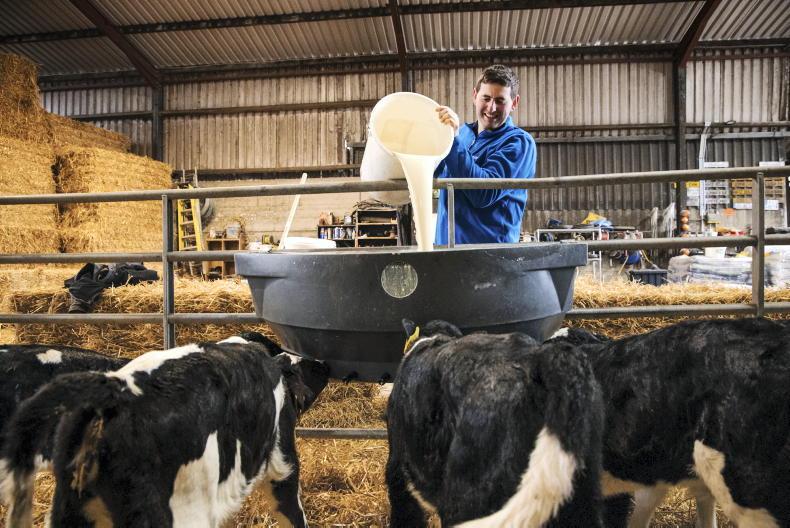
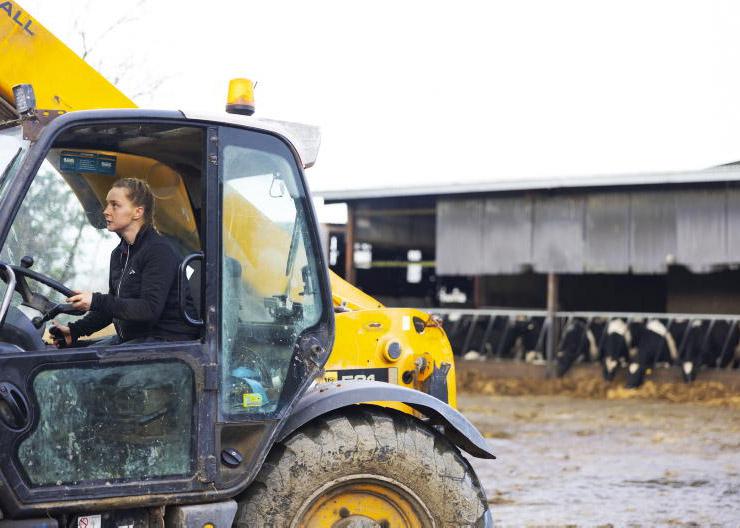
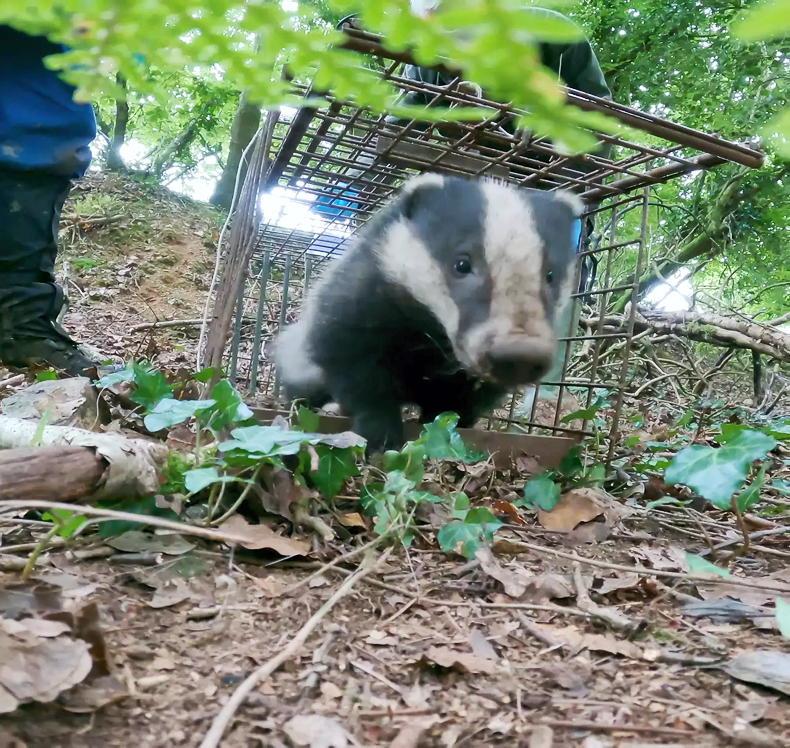
SHARING OPTIONS